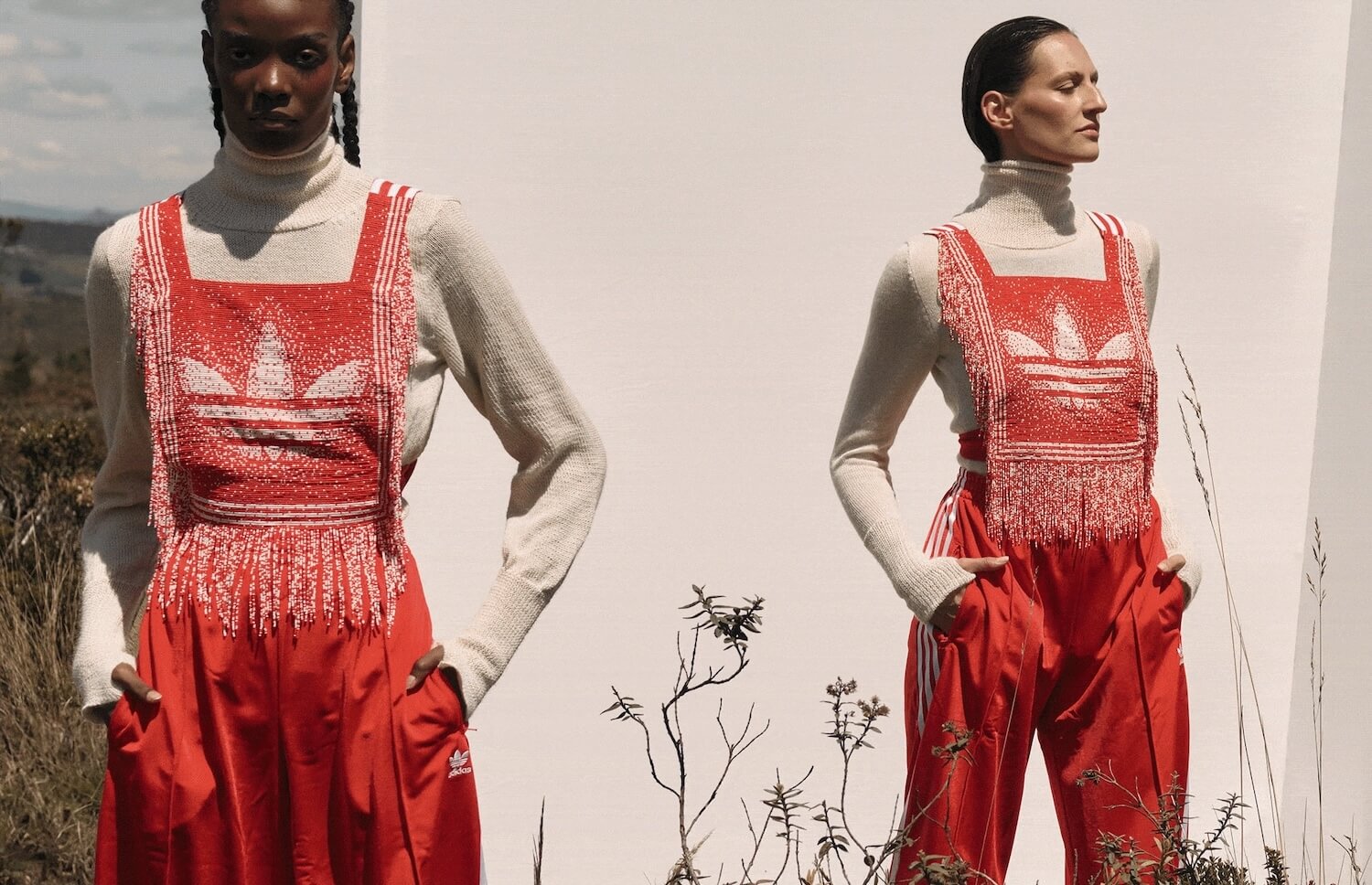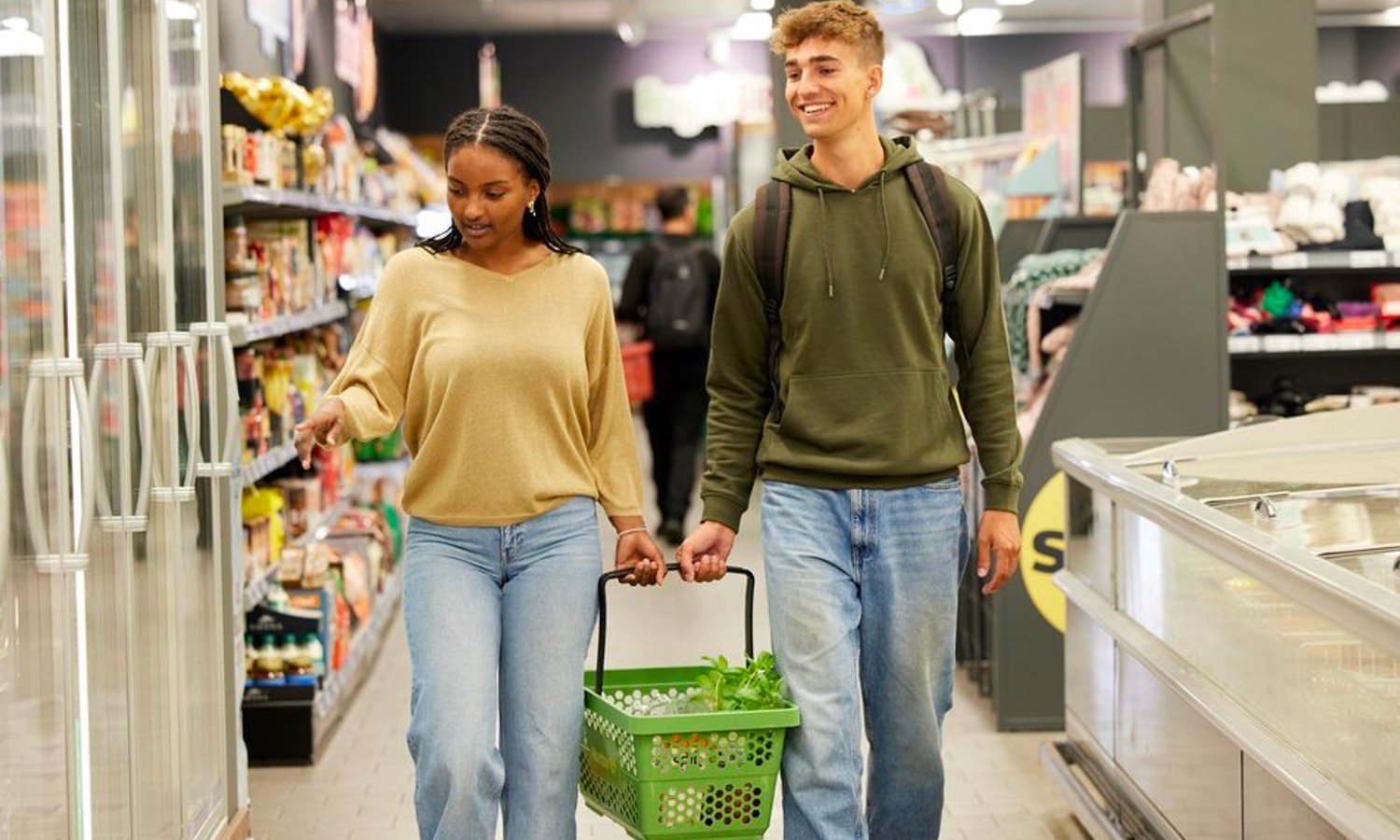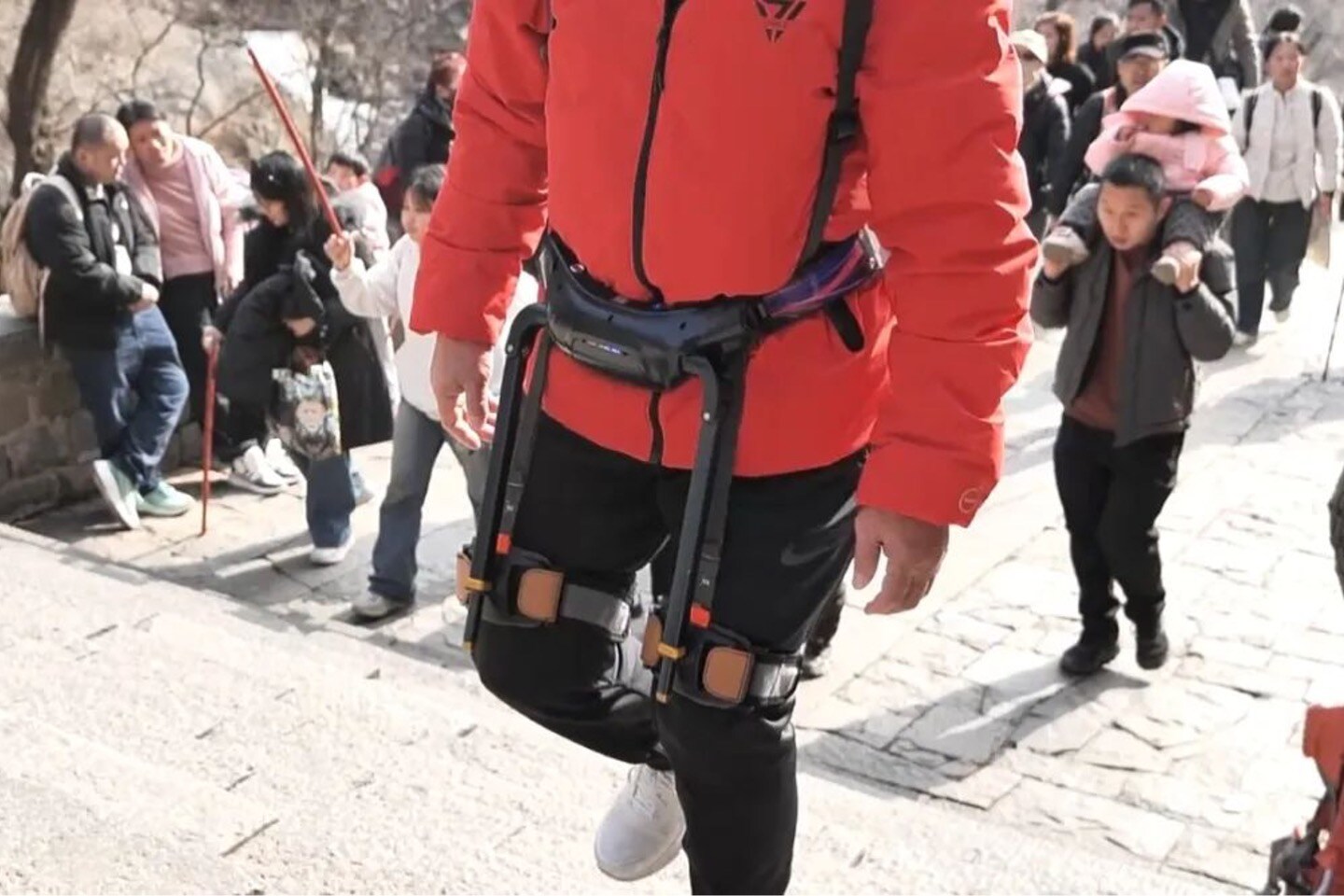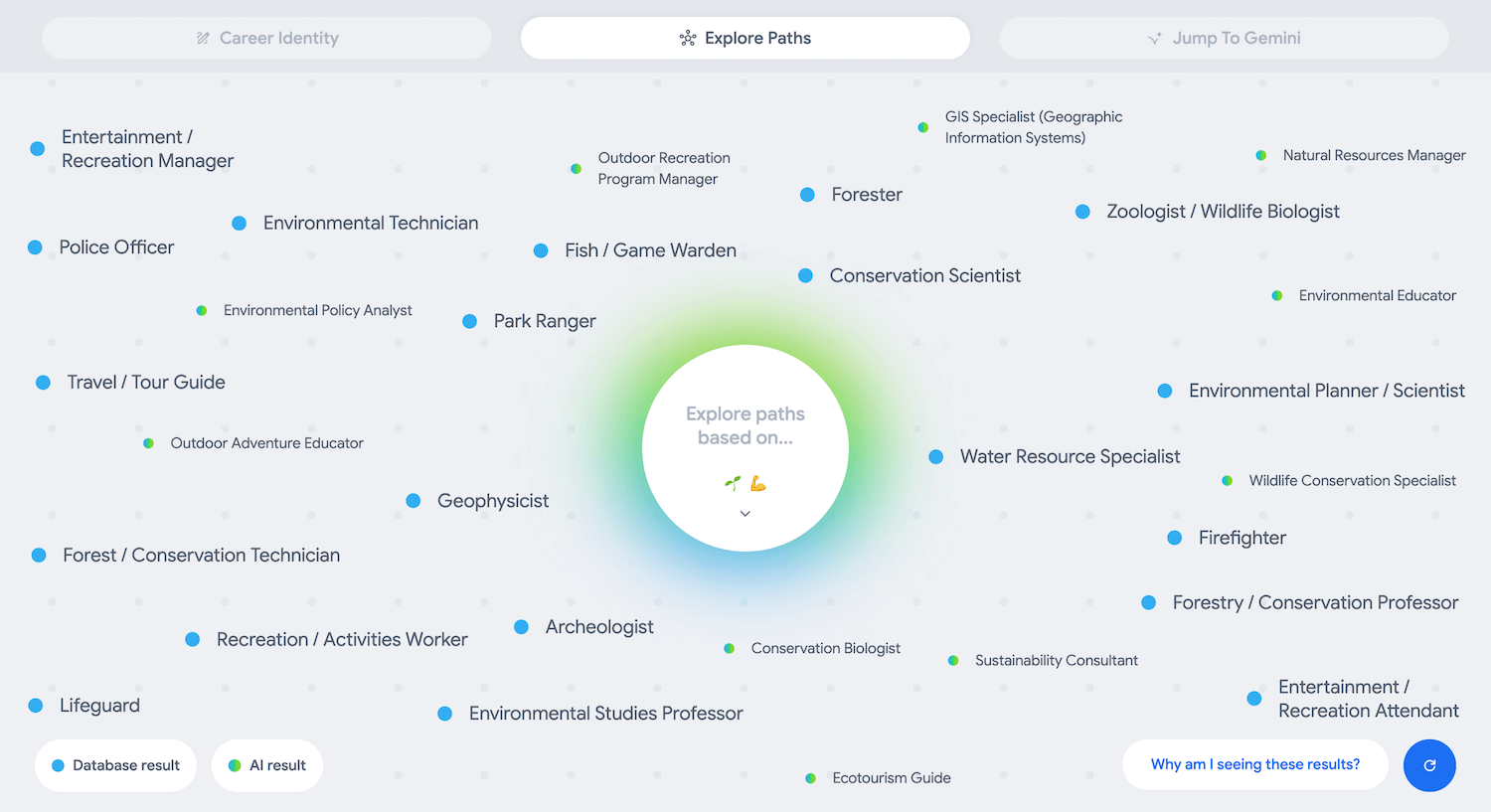This past International Women's Day, Durex India took action against online harassment towards women with The 🐔 Blocker. The initiative stemmed from the insight that while Durex encourages engagement on its social media posts, when women post a comment, they're often met with men sliding into their DMs with unsolicited advances or plain harassment. In response, the brand invites female social media users to submit screenshots of creepy messages they receive. Durex's moderation team will then block offenders. The campaign also includes a hard-hitting film exposing real instances of the harassment women have received when engaging with the brand online.
The Durex blocker represents a compelling brand activation. It tackles a stubborn social problem: online, gender-based harassment that should be a relic of the past but unfortunately persists in 2025. The initiative also aligns strategically with Durex's brand DNA, which has consistently championed protection. Safeguarding women in digital spaces is a natural extension of this commitment, giving the brand the right to play in this arena. Moreover, as an International Women's Day campaign, it genuinely honors and celebrates women, offering substance beyond the typical "pink tax rebates" for clothing purchases.
How might your brand role manifest differently (and creatively) across different contexts in your customers' lives?




















